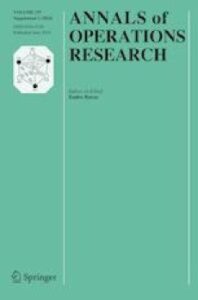How well do databases flag retracted articles?
There has been a lot of interest recently in the quality of retraction notices and notifications, including new guidelines from the National Information Standards Organization (NISO; our Ivan Oransky was a member of the committee) and a new study which Ivan and our Alison Abritis joined.
In another new paper, “Identification of Retracted Publications and Completeness of Retraction Notices in Public Health,” a group of researchers set out to study “how clearly and consistently retracted publications in public health are being presented to researchers.”
Spoiler alert: Not very.
We asked corresponding author Caitlin Bakker, of the University of Regina — who also chaired the NISO committee — some questions about the findings and their implications.
Continue reading ‘A threat to the integrity of scientific publishing’: How often are retracted papers marked that way?









